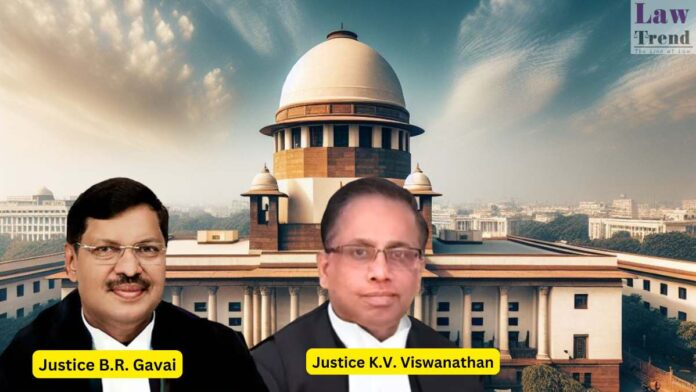In a landmark decision, the Supreme Court of India has struck down “The Khalsa University (Repeal) Act, 2017,” ruling that the legislation was discriminatory and lacked reasonable classification, thereby violating Article 14 of the Constitution. The bench, comprising Justice B.R. Gavai and Justice K.V. Viswanathan, delivered this significant judgment in Khalsa University and Another v.




